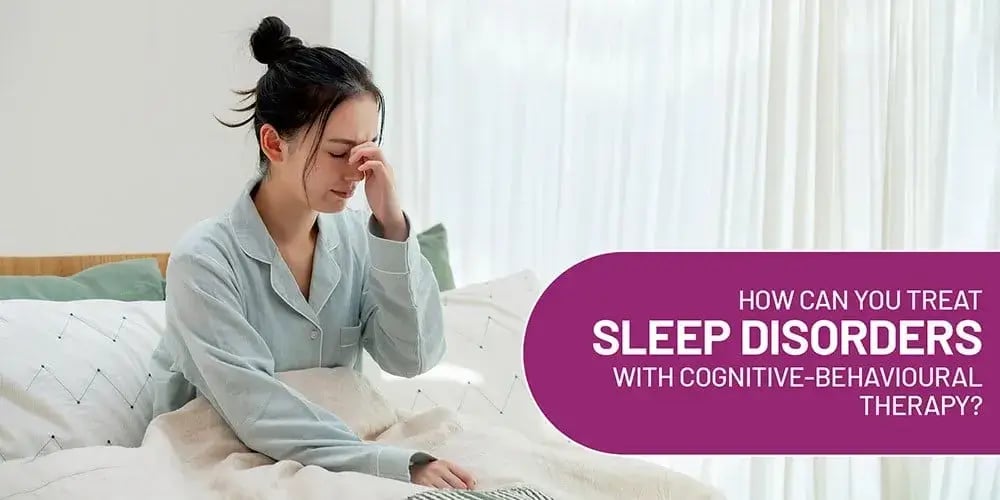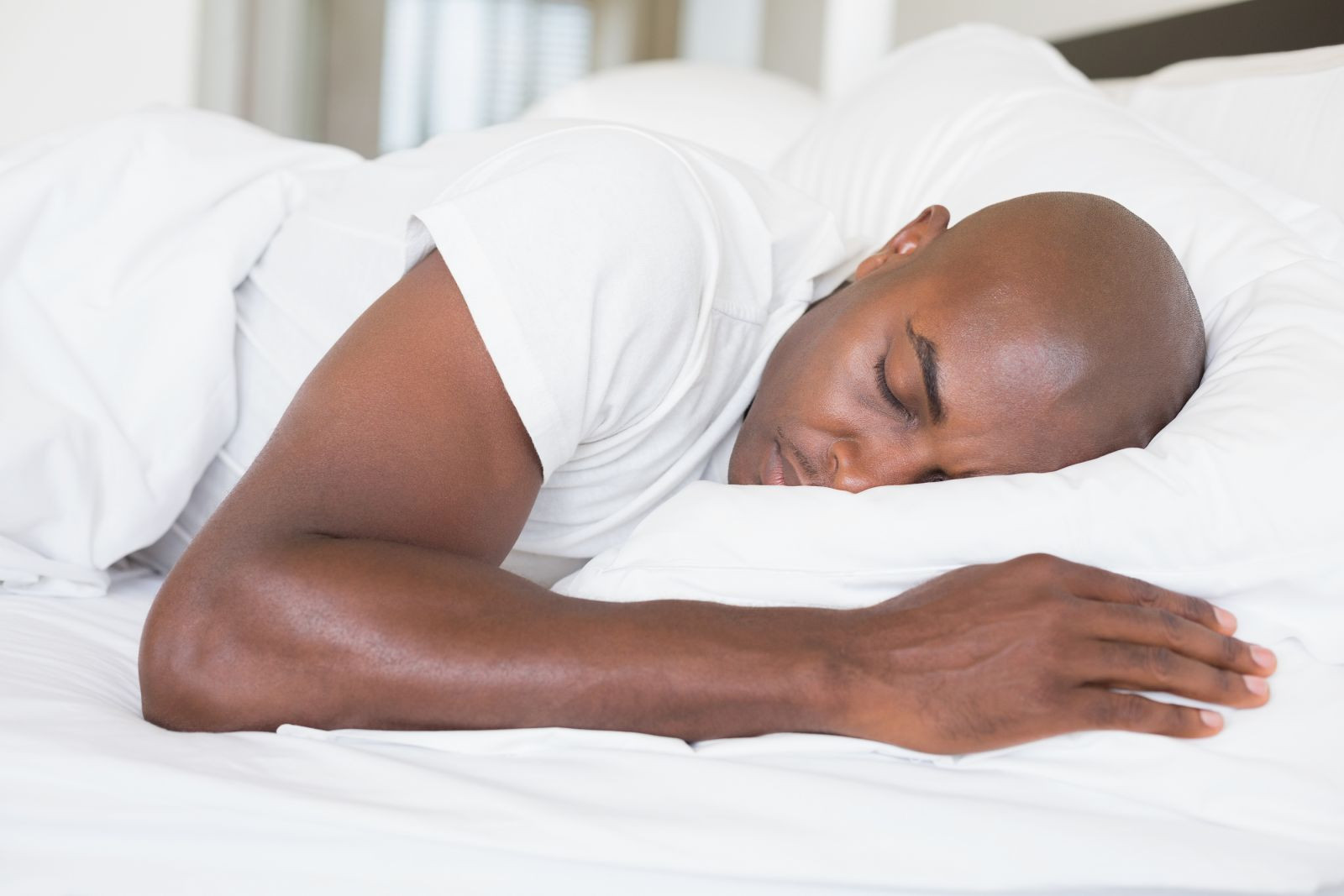Natural Insomnia Remedies - Safe and Reliable Treatments
Natural Insomnia Remedies - Safe and Reliable Treatments
Blog Article
Reliable Treatment Solutions for Handling Rest Disorders and Enhancing Restful Sleep
In the realm of healthcare, the monitoring of sleep conditions and the quest for restful rest are pivotal components of overall well-being. Reliable therapy services supply a diverse strategy to take on these difficulties, ranging from cognitive behavioral treatments to all natural methods that advertise leisure and mindfulness. The exploration of numerous techniques, including the assimilation of medication and light therapy, opens a world of opportunities in the quest of far better rest top quality. As we navigate the elaborate landscape of sleep conditions and look for to improve our rest experience, a much deeper understanding of these treatment services may hold the trick to opening a much more relaxing and satisfying corrective trip.
Cognitive Behavioral Therapy for Sleeping Disorders (CBT-I)
Cognitive Behavior Modification for Sleeping Disorders (CBT-I) is an organized, evidence-based therapy approach that focuses on resolving the underlying variables contributing to sleep disruptions. This kind of treatment intends to change habits and ideas that worsen sleeplessness, ultimately promoting healthy and balanced rest patterns. CBT-I commonly involves a number of essential parts, including cognitive therapy, rest restriction, stimulus control, and rest hygiene education.
Cognitive treatment aids people determine and transform adverse thought patterns and ideas regarding sleep that might be hindering their ability to drop or remain asleep. Rest limitation entails limiting the amount of time spent in bed to match the individual's real sleep duration, thus raising sleep effectiveness (insomnia solutions). Stimulus control methods help develop a strong association in between the bed and rest by urging individuals to go to bed only when sleepy and to avoid taking part in boosting tasks in bed
Furthermore, sleep hygiene education concentrates on creating healthy sleep practices, such as preserving a consistent sleep schedule, creating a relaxing bedtime routine, and optimizing the sleep environment. By resolving these variables thoroughly, CBT-I uses an effective non-pharmacological treatment for managing sleeping disorders and boosting overall sleep high quality.
Rest Hygiene Practices
Having established the foundation of cognitive restructuring and behavior adjustments in resolving sleep problems through Cognitive Behavioral Treatment for Sleeping Disorders (CBT-I), the focus currently shifts towards exploring important Rest Hygiene Practices for preserving optimal rest high quality and overall well-being.
Rest health methods encompass a range of routines and environmental variables that can significantly affect one's capability to go to sleep and remain asleep throughout the evening. Regular sleep and wake times, creating a relaxing bedtime routine, and maximizing the sleep setting by keeping it dark, silent, and cool are essential elements of good sleep hygiene. Limiting direct exposure to screens before bedtime, preventing energizers like caffeine close to going to bed, and taking part in regular exercise throughout the day can likewise advertise better rest high quality.
In addition, exercising leisure methods such as deep breathing workouts or reflection before bed can help soothe the mind and prepare the body for rest. By incorporating these sleep health methods right into one's day-to-day regimen, people can develop a healthy and balanced rest pattern that supports restful sleep and general well-being.
Leisure Methods and Mindfulness
Executing leisure strategies and mindfulness techniques can play an essential duty in cultivating a feeling of calm and advertising quality rest. natural insomnia remedies. These methods aim to peaceful the mind, reduce stress and anxiety, and produce an optimal setting for peaceful sleep. One widely practiced approach is deep breathing workouts, where individuals focus on slow-moving, deep breaths to unwind the body and delayed sleep phase mind. Progressive muscular tissue relaxation includes tensing and after that releasing each muscle group, advertising physical leisure. In addition, assisted images can aid move people to a calm place in their minds, aiding in anxiety reduction and enhancing rest high quality.
Mindfulness practices, such as meditation and yoga, are also effective in advertising leisure and enhancing rest. Mindfulness motivates people to remain existing in the moment, allowing go of concerns regarding the past or future. By incorporating these techniques right into a going to bed routine, people can signal to their bodies that it is time to unwind and prepare for sleep. Overall, incorporating leisure methods and mindfulness methods can considerably add to managing rest conditions and boosting overall rest quality.

Medication Options for Rest Disorders
After exploring relaxation strategies and mindfulness techniques as non-pharmacological treatments for boosting sleep quality, it is vital to take into consideration medicine choices for people with rest problems. In instances where way of living changes and therapy do not offer sufficient relief, medication can be an important tool in managing rest disruptions.
Typically recommended medications for sleep problems consist of benzodiazepines, non-benzodiazepine hypnotics, antidepressants, and melatonin receptor agonists. Benzodiazepines, such as diazepam, are sedatives that can assist generate sleep, however they are typically his response suggested for short-term usage as a result of the threat of reliance. Non-benzodiazepine hypnotics like zolpidem are also used to deal with sleep problems and have a reduced risk of dependancy compared to benzodiazepines. Antidepressants, such as trazodone, can be useful for individuals with co-occurring clinical depression and rest disruptions. Melatonin receptor agonists, like ramelteon, target the body's natural sleep-wake cycle and can be helpful for managing rest patterns.
It is crucial for people to talk to a health care supplier to identify the most appropriate medicine alternative based on their specific rest disorder and case history.
Light Treatment for Body Clock Regulation
Light treatment, likewise referred to as phototherapy, is a non-invasive therapy method utilized to manage body clocks and improve sleep-wake cycles. This treatment entails direct exposure to bright light that simulates natural sunlight, which assists to reset the body's internal clock. By subjecting people to specific wavelengths of light, usually in the morning or night relying on the desired impact, light treatment can efficiently change the body clock to promote wakefulness throughout the day and improve relaxed sleep at evening.
Study has actually revealed that light treatment can be particularly valuable for individuals with circadian rhythm conditions, such as postponed rest phase syndrome or jet lag. It can also be helpful for those experiencing seasonal daytime hypersomnia depression (SAD), a type of anxiety that usually occurs throughout the cold weather when all-natural light exposure is decreased. Light therapy is typically well-tolerated and can be used along with various other treatment techniques for sleep disorders to maximize end results and boost general sleep high quality.
Final Thought
In conclusion, efficient therapy solutions for handling sleep conditions and improving relaxed sleep consist of Cognitive Behavioral Therapy for Sleeping Disorders (CBT-I), rest hygiene techniques, leisure techniques and mindfulness, medicine options, and light treatment for circadian rhythm guideline. These approaches can aid individuals enhance their sleep quality and total wellness. It is essential to talk to a health care company to establish one of the most appropriate method for addressing rest issues.
As we browse the complex landscape of sleep conditions and seek to improve our rest experience, a deeper understanding of these treatment options might hold the key to unlocking a more rejuvenating and meeting restorative journey.
Rest restriction entails limiting the quantity of time spent in bed to match the individual's actual rest duration, thereby boosting rest effectiveness. Constant sleep and wake times, developing a relaxing bedtime regimen, and maximizing the rest environment by keeping it dark, silent, and cool are vital parts of good sleep health. Light therapy is generally well-tolerated and can be made use of in conjunction with other therapy methods for rest problems to maximize outcomes and enhance overall sleep high quality.

Report this page